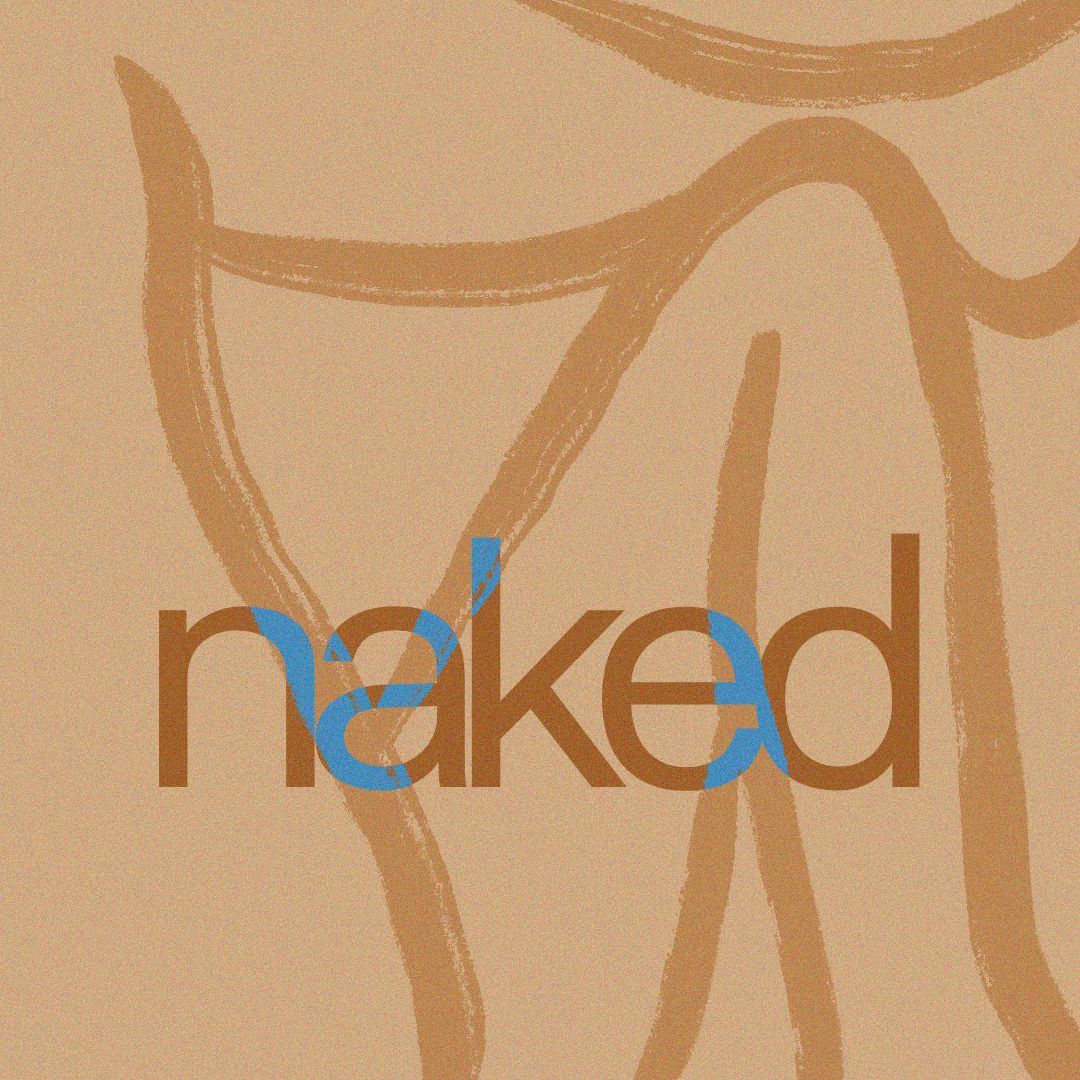Words: Leah Hart (She/Her)
Fully online, halfway involved; politics is a girdle on our minds. Yes, even you apolitical freaks. The concern for maintaining or transforming the everyday is fundamental to our human brains. What we all know, what some try to ignore, is the penetration of the political into all things, feelings and people. Even celebrities. With the world growing increasingly wartorn, internationally and ideologically, the new benchmark is choosing a side; to famously learn from history and get on its right side, splitting friendships and families down the middle. However, does this standard apply to everyone?
In between gigs and social media, a certain image of celebrity has been cultivated since the 2000s as a little bit bad, as celebs were increasingly able to interact with fans and show their very human off-screen personalities and opinions. Amid their private jets and parties, the seen-not-heard culture of fame was normalised throughout the 20th century, when stars were still expected to keep up a pretence of purity and marry instead of dating, making it easier for people to worship “otherworldly” idols. Like saints, current celebrities like Taylor Swift and Beyonce maintain similarly private lives – as private as they can be, by avoiding too much social media and social interaction with the masses. While this has led many to question the affiliations of both singers, it has also enabled them to mythologise themselves to fans and become larger-than-life, as well as larger-than-politics. This myth of the ordinary celebrity excuses them from naked honesty with their politics.
‘Celebrities getting political’ or even ‘too political’ are phrases that are as well known to our ears as ‘Free Palestine’. But do people really believe this? Or is the media hell-bent on pushing an agenda that deprives the rich and famous of political autonomy? Recently, Dua Lipa has stated that the public are suspicious of celebrity opinions, feeling more comfortable with a moony superstar who lacks original thought. Despite the glaring paradox of a creative with weak ideas, I’ll admit that Dua Lipa never struck me as a Malala Yousafzai and that the general surge in celebrity readers has left me sceptical at times. Something akin to a Disney rebrand, it seems that celebrities are increasingly attempting to augment their personas to encompass their political beliefs, not merely to avoid cancel culture, but especially at the behest of their fans who can no longer support fame blindly – just as they cannot evade the videos of Palestinian children dying. While Dua Lipa may feel ignored or unheard, nonetheless, she is not. With the means and support to create book clubs and podcasts, Dua Lipa has a platform to spread whatever intelligence or stupidity she chooses, as well as the eyes and ears of impressionable young people. As has been proven time and time again by the success of Skims and Kylie Cosmetics (seriously, who keeps buying from there), celebrity influence is no joke, and neither is the influence of brands like Starbucks.
The powerless feeling Dua Lipa has expressed towards people’s perception of her as unintelligent is another sign of the bubble in which celebrities exist. To many, politics is not life-or-death, nor day-to-day. Rather, it seems to be an occasional hobby or a tool for self-promotion and reinvention, which becomes apparent when they declare neutrality in the face of injustice. Although the current limelight is on political apathy towards Palestine, a few celebrities actually do speak out on many political issues, just about sacrificing their careers. There is an emphasis on speaking out against the oppressor, but Dua Lipa’s statement deflects from the political nature of the industry. The public might not always be very interested in celebrity opinions, but industry executives and politicians definitely are. As in government, neutrality and staying fully clothed reveals no political weaknesses.
Throughout this article, the question that has bugged me incessantly is: why do we even care what celebrities think? The majority of them may be hot and talented and we certainly don’t care what politicians think (unless they’re nazis), but does that give them political credibility? Fans especially use the right or wrong opinions of their chosen saint as weapons in determining the Best or Worst Famous Person. In the end, the faces we see on TVs and billboards are like family and just as you can forgive your family for wrong takes, you can forgive the person hanging on your wall that you worship on twitter 12 hours a day.
For many, celebrities are a bit like royals, to be seen not heard, however, while foregoing the opinions of the aristocracy is a privilege for the British taxpayer with no choice in funding them, the average person is supposedly not forced to support celebrities financially. Ultimately, like politicians, celebrities are made up of some of the world’s wealthiest people, often gaining fame off the back of that same wealth. After all, they can be popular enough to become US President with no political trail or background whatsoever. It is however notable that celebrity does not always equal wealth, as the SAG-strikes have demonstrated, therefore making it difficult to make a generalising claim about political privacy. Whereas many have only recently realised the psychological horror of the paparazzi, political privacy is perhaps a similarly obvious right that famous people should be able to have. In the end, our sound judgement should be used to distinguish the rights of the truly influential from the performers just trying to stay afloat while making their career dreams come true.

